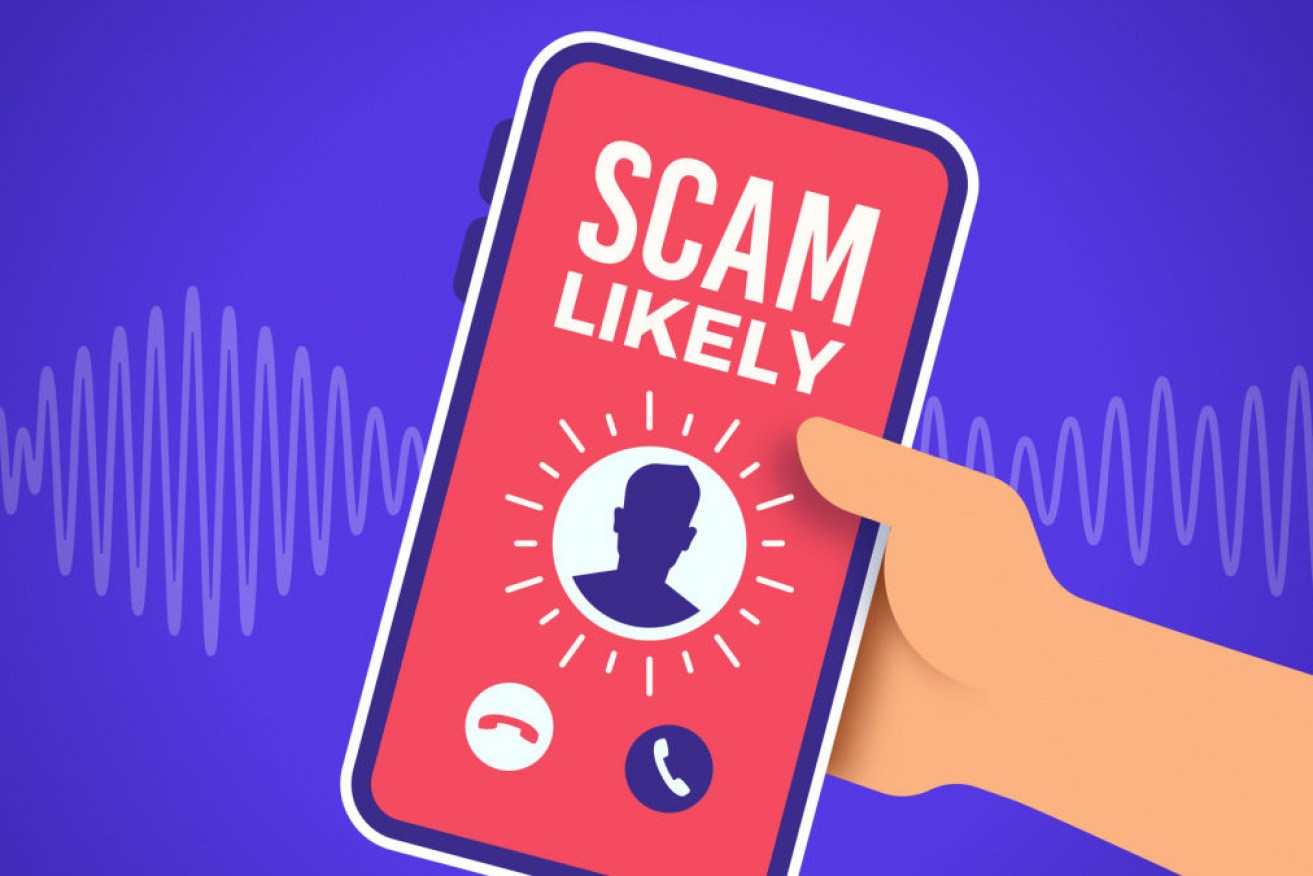Coronavirus scams: How cyber criminals are using COVID-19 to target Australians


Cyber criminals are taking advantage of COVID-19, Scamwatch has warned. Image: Getty
Australian cyber spies are cracking down on foreign crooks targeting households and businesses with scams and attacks during the coronavirus crisis.
Telecommunications and IT companies have also been enlisted to block and destroy malicious websites.
Some cyber criminals have posed as health professionals to exploit vulnerable Australians by infecting their computers with malware and stealing private information.
Australian Signals Directorate boss Rachel Noble described the thieves as heartless.
“Our offensive cyber campaign has only just begun,” Ms Noble said on Tuesday.
“We will continue to strike back at these cyber criminals operating offshore as they attempt to steal money and data from Australians.”
The intelligence agency is also working with Google and Microsoft to ensure people are warned about dodgy websites.
Coronavirus scams
Scammers are “taking advantage of the spread of coronavirus to exploit and play on the fears of consumers across Australia”, the Australian Competition and Consumer Commission’s Scamwatch warned.
“Unfortunately, scammers are using the uncertainty around COVID-19, or coronavirus, to take advantage of people,” ACCC deputy chair Delia Rickard said.
Scammers are doing things such as falsely selling coronavirus-related products online, and using fake emails or text messages to try and obtain personal data.
Other scams include phishing emails and phone calls impersonating the World Health Organisation, government authorities, and legitimate businesses – including travel agents and telecommunications companies.
“We’ve had a wide variety of scams reported to us, including fake online stores selling products claiming to be a vaccine or cure for coronavirus, and stores selling products such as face masks and not providing the goods,” Ms Rickard said.
“There is no known vaccine or cure for coronavirus and a vaccine isn’t expected to be available for 18 months.
“Do not buy any products that claim to prevent or cure you of COVID-19. They simply don’t exist.”
Superannuation scams
The government’s recent announcement that people suffering financial hardship can have partial access to their superannuation from mid-April has also been seized on by scammers, Ms Rickard warned.
Scammers are cold-calling people claiming to be from organisations that can help you get early access to your super,” she said.
“For most people, outside of their home, superannuation is their greatest asset and you can’t be too careful about protecting it.”
In 2019, Australians lost more than $6 million to superannuation scams with people aged 45 to 54 losing the most amount of money.
Ms Rickard said internet users should “never follow a hyperlink to reach the myGov website”.
“Instead, you should always type the full name of the website into your browser yourself.”
Common types of coronavirus scams
Scamwatch has received reports of:
- Phishing emails and phone calls impersonating entities including the WHO, government authorities, people confirmed to have the coronavirus, and businesses such as travel agents and telecommunications companies
- Misinformation about the coronavirus being spread by text, social media and email products claiming to be a vaccine or cure
- Investment scams claiming coronavirus has created opportunities.
How to protect yourself
- Be aware of fraudulent emails claiming to be from experts saying they have information about the virus
- For the most up-to-date information about the coronavirus, visit the Department of Health and WHO
- Be careful of fake online shopping sites requesting unusual payment methods such as upfront payment via money order, wire transfer, international funds transfer, preloaded card, or electronic currency, such as Bitcoin
- Don’t let anyone pressure you to make quick decisions. Take your time and consider who you are dealing with
- Don’t click on links from sources you don’t know. They could download viruses onto your computer or device
- Don’t open attachments or click on links in emails, text messages or social media messages you’ve received from strangers – just press delete
- Never respond to unsolicited messages and calls that ask for personal or financial details – just press delete or hang up
- Always keep your computer security up to date with anti-virus and anti-spyware software, and a good firewall. Only buy computer and anti-virus software from a reputable source
- If you are planning to donate, do your research. If you are donating to crowdfunding requests, check the terms and conditions of funding platforms and ensure you are dealing with official organisations
- If you are donating to an established charity or not-for-profit organisation, ensure it is registered and that you are on its official website by searching the Australian Charities and Not-for-profits Commission Charity Register.
If you think you have been scammed, contact your bank or financial institution immediately.
More information on coronavirus scams is available on the Scamwatch website, including how to make a report and where to get help.
-with AAP








